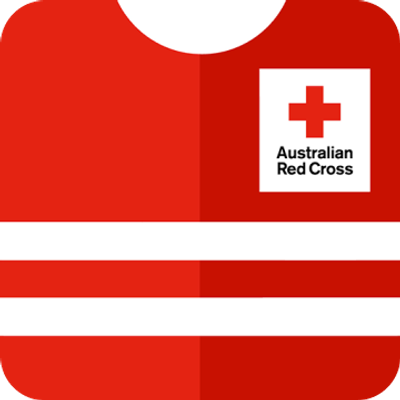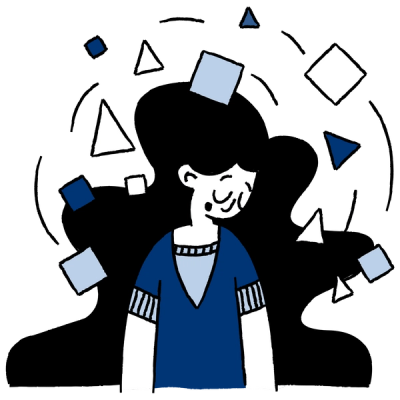How do natural disasters impact mental health?
Due to the impact of climate change, extreme weather events such as heatwaves, bushfires, floods, and droughts are happening more frequently. Since 2019, over 80% of Australians have reported experiencing a natural disaster.
While it can be easy to see the physical damage, we don’t always see the way these traumatic events can impact the mental health and wellbeing of ourselves and those we care about.
If you’re struggling to cope after a natural disaster or are worried about the potential effects of climate change, you’re not alone. Extreme weather can be unexpected and leave us with feelings of distress.
- For example, you or someone you care about may have:
- Had to leave loved ones or sentimental items behind
- Witnessed catastrophic damage
- Lost a loved one or a pet
- Become displaced and unsure about where to live
- Lost the ability to work or earn money
- Sustained an injury or come close to death
- Become cut off from a support network.
The uncertainty, anxiety, sense of loss, and financial stress that often come with weather-related events can be overwhelming.
This is especially true if you’re still recovering from a previous natural disaster or are already dealing with a stressful life event like the loss of a loved one, chronic illness, relationship breakdown or domestic and family violence.

Whether you’ve experienced a natural disaster firsthand, as a first responder or are supporting someone else, it’s important to keep track of how you’re feeling, recognise when things are becoming too much, and reach out to people who can help when needed.
In this topic, you’ll find information and resources that can help you understand:
- How natural disasters can impact your mental health
- Practical things you can do to feel better right now and over time
- Support services that can help you and the people you care about
- Things you can do to prepare mentally.
Help is available.
13 HELP (13 43 57) is Lifeline's 24/7 dedicated support line for people living through bushfire recovery or struggling to cope with an extreme weather-related event.
Alternatively, you can connect with a Lifeline crisis supporter via phone (13 11 14), text, and chat. If life is in danger, call 000.
Click here to download, save, or print our natural disasters fact sheet.






